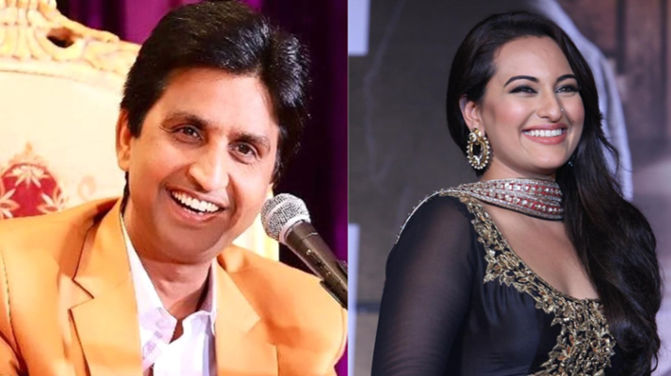It was in 1979, that the unwilling Bengalis of Shillong had to slowly start to make an exodus, out of the tranquility of the quiet hill station, that they called home. They were being referred to as the Bangladeshis or the infiltrators into the state.
This neo nazi sub nationalism began raising its ugly divisive head in 1979 which continued till the 80s in an aggressive way.
Most non-tribals felt insecure and threatened during that time. Everyday there was news of violence against Bengalis. They were being killed, bullied, tortured or maimed. What followed with the unrest, was a complete shutdown of colleges, schools, offices, shops with curfew and a shoot at sight order. Most non-tribals automatically fled the state, leaving their generational properties and the life behind.
Sadly even after 44 years, the violence and the ever increasing displacement among the non- tribals continue unabated.
Most of us outside the state, remain baffled, as to why would the unrest, still continue?
But it is to be seen that each time, there is something as trivial as an accident on the hilly roads. Which isn’t fatal and no one has died, the trouble often again re-emerges with the unresolved vehement dislike for the “dkhars” which means the outsider, in the Khasi language.
Meghalaya has an outfit called the Khasi Students Union (KSU) which was created in 1978 with the motto of “Mait Shaphrang Khlur Ka Ri” which means that the Khasis must strive forward the children of the soil.
This statement or motto excludes all the non-Khasis, regardless of the number of generations one has been living there or has set up life in the state.
In Meghalaya what follows the small incidents is an unrest which leads to a large scale violence, of shops and commercial establishments owned by the non-tribals being lit up and burnt to ashes. Often if any bystander is caught in or around a situation, who happens to be a non-tribal, will run the risk of being beaten up mercilessly. The anger for the non tribals even today remains deep and unrelenting.
These mob incidents, also further causes a wider divide between the tribals and the non tribals of the state.
Recently in a rally against unemployment, many passerby’s were assaulted, which led to shops pulling down their shutters. The CM has promised to take stern action against the ones involved in the incident. But is it always and in every situation that the anti-outsider sentiment comes into play.
What the violators fail to understand is that the outsiders have a history dating back to the 19th century.
In 1874 when Assam was created as a separate province out of the Bengal Presidency, with the beautiful hill town of Shillong as its capital. Many Bengalis decided to move to the pretty hill station. They share an umbilical relationship with the state which they find very difficult to sever.
Leaving Shillong for many Bengalis, is like a closure that most of them who moved across India, still struggle their entire lives to come to terms with. The resentment of being driven away stays on in many hearts, yet the yearning too gnaws, for the home that can’t be forgotten so easily.
Mohua Chinappa is an author and a podcaster of a show called The Mohua Show.







